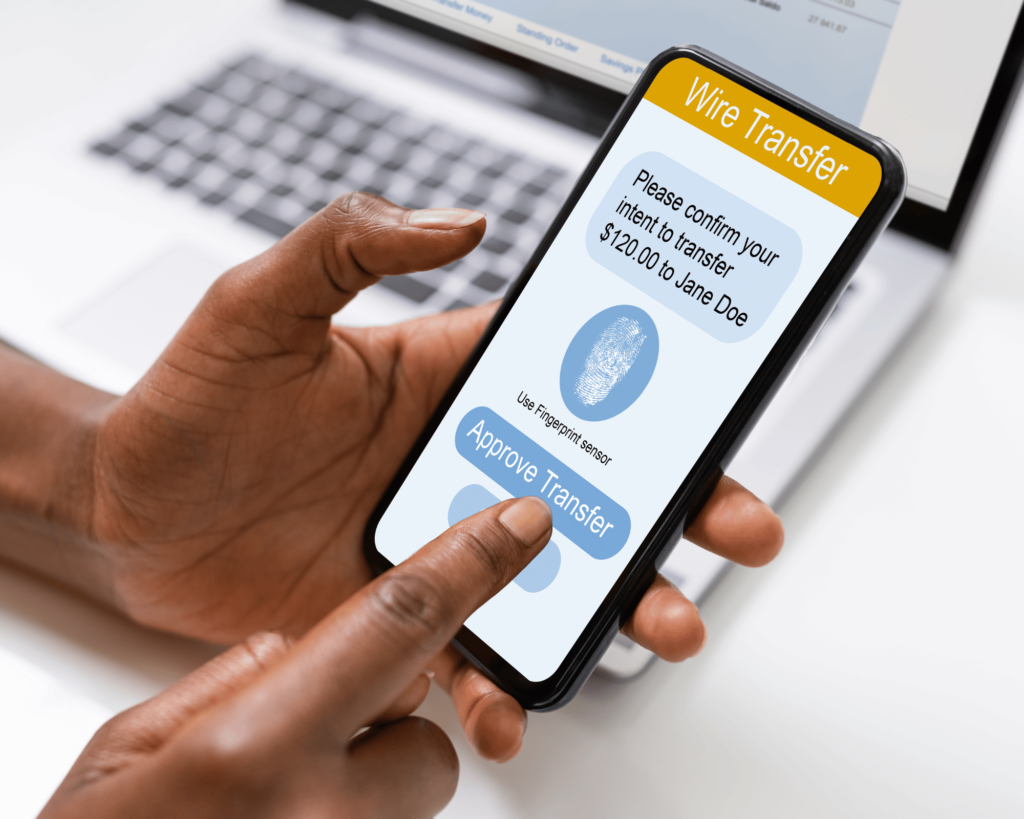In today’s digital age, online banking has become increasingly popular. It offers the convenience of accessing your accounts from anywhere, at any time. However, it also puts you at risk of becoming a victim of fraud. As more and more transactions occur over the internet, it is important to take steps to protect yourself from online banking fraud.
What is Online Banking Fraud?
Online banking fraud is a type of fraud where someone gains unauthorized access to your online banking account, steals your personal and financial information, and uses it to steal your money. Cybercriminals use various methods to gain access to your account, such as phishing scams, malware attacks, and hacking. They can steal your login credentials, personal identification numbers (PIN), and other sensitive information.
Types of Online Banking Fraud
There are several types of online banking fraud, including:
- Phishing Scams: Phishing scams involve cybercriminals sending you an email or a text message that looks like it is from your bank. They will ask you to click on a link and enter your login credentials, which they can use to gain access to your account.
- Malware Attacks: Malware attacks involve cybercriminals installing malicious software on your device. This software can steal your login credentials, personal information, and even take control of your device.
- Hacking: Hacking involves cybercriminals using various techniques to gain unauthorized access to your online banking account. They can use brute force attacks to crack your password, or they can exploit vulnerabilities in your device’s security.
- Overpayment Scams: Overpayment scams involve someone sending you a check, asking you to deposit it into your account, and then asking you to send part of the money back to them. However, the check is fake, and once the bank realizes this, they will reverse the transaction, leaving you with a loss.

How to Protect Yourself from Online Banking Fraud
Protecting yourself from online banking fraud requires a combination of best practices and common sense. Here are some tips to help you stay safe:
- Use Strong and Unique Passwords: Use strong and unique passwords for your online accounts. Never use the same password for all of your accounts, and avoid using common words or phrases.
- Enable Two-Factor Authentication: Enable two-factor authentication on your online banking account. This adds an extra layer of security by requiring you to enter a code sent to your phone or email to log in.
- Beware of Phishing Scams: Beware of phishing scams and avoid clicking on links in emails or text messages from unknown sources. Instead, go directly to your bank’s website to log in.
- Keep Your Devices Secure: Keep your devices secure by installing the latest security updates, using antivirus software, and avoiding downloading apps from unknown sources.
- Use Ad Blockers: Use ad blockers to avoid malvertising, which is when hackers use ads to spread malware. Ad blockers can remove your chance of interacting with an infected ad.
- Monitor Your Accounts: Regularly monitor your online banking accounts for any unusual activity. If you notice anything suspicious, report it to your bank immediately.
- Use Public Wi-Fi with Caution: Use public Wi-Fi with caution and avoid logging into your online banking account on public networks. If you must use public Wi-Fi, use a virtual private network (VPN) to encrypt your traffic.
- Protect Your Personal Information: Protect your personal information by locking down your privacy settings on social media, avoiding posting sensitive information, and being wary of requests to connect from people you do not know.
- Educate Yourself: Educate yourself on the latest scams and frauds, and stay up-to-date on best practices for online banking security.
What to do if you are a victim of online banking fraud
If you believe that you have become a victim of online banking fraud, it is important to act quickly to minimize your losses. Here are some steps you should take:
- Contact Your Bank: Contact your bank immediately and report the fraudulent activity. They may be able to freeze your account and investigate the issue.
- Change Your Password: Change your password on your online banking account and any other accounts that may have been compromised.
- Check Your Credit Report: Check your credit report to ensure that there are no unauthorized accounts or transactions.
- File a Report: File a report with the appropriate authorities, such as the Federal Trade Commission (FTC), and your local police department.
- Monitor Your Accounts: Continue to monitor your accounts for any unusual activity and report any suspicious transactions to your bank.
The Takeaway
Online banking has made our lives more convenient, but it has also made us vulnerable to fraud. Protecting yourself from online banking fraud requires a combination of best practices and common sense. By following the tips outlined in this article, you can stay safe and protect your hard-earned money from cybercriminals. Remember, education is the key to online banking security. Stay informed, stay vigilant, and stay safe.